Advice for better moderated usability testing
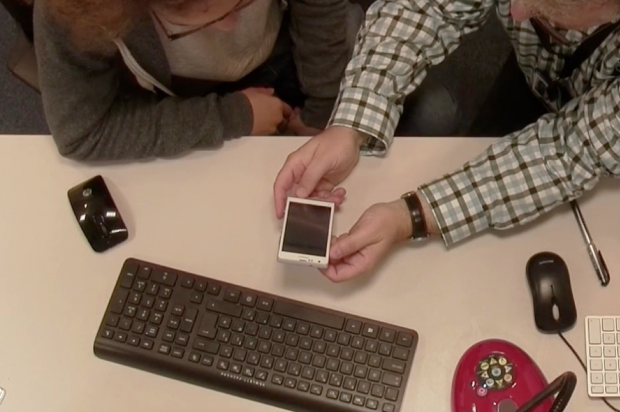
In this post Tingting Zhao, lead user researcher at GDS, provides some helpful tips and tricks for conducting better moderated usability tests.

In this post Tingting Zhao, lead user researcher at GDS, provides some helpful tips and tricks for conducting better moderated usability tests.
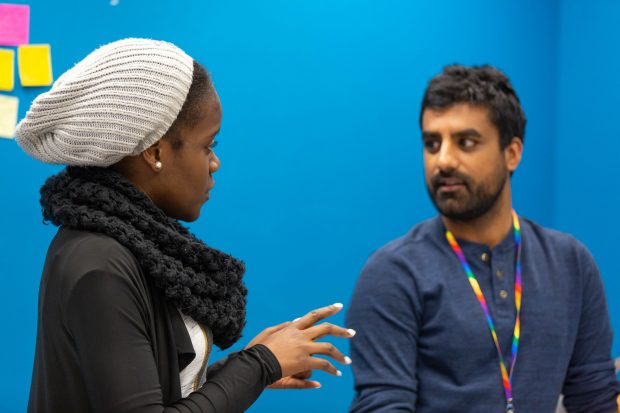
...think about how they relate to the full service. Do you have any tips on researching face-to-face interactions or researching across an end-to-end service? Let us know in the comments....
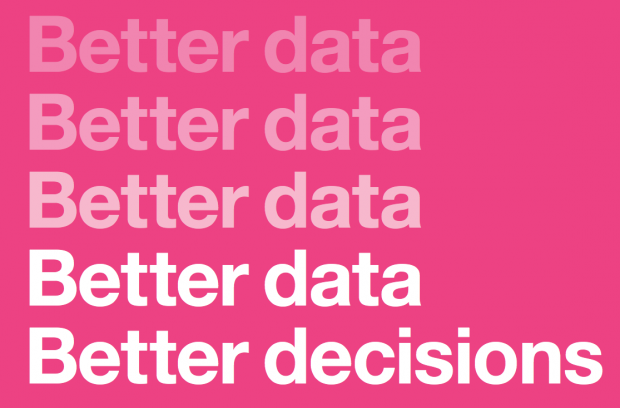
...and this provides several benefits: the more brains that are involved, the more likely it is that mistakes will be picked up early the team owns the research because they...
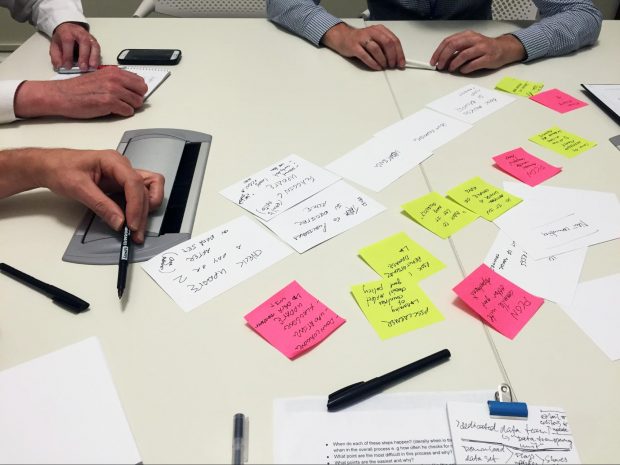
We recently carried out research among our colleagues to understand how they felt about their day-to-day working experiences. Here's how we did it.
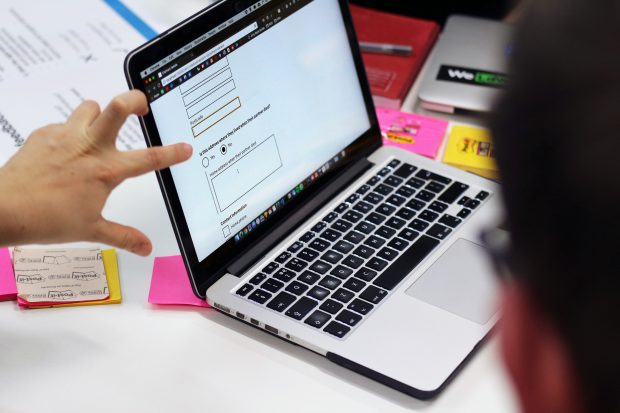
User researchers we have a responsibility to consider the safety of participants and of themselves. This blog post looks at some ways in which researchers can do this.
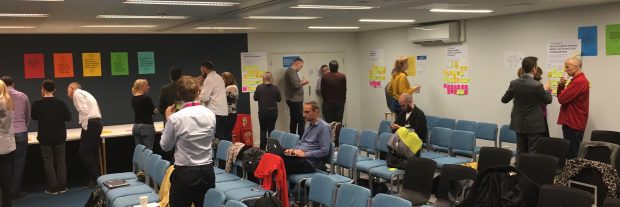
We’re doing wide-ranging and collaborative user research to help the Service Standard move from looking at isolated transactions to whole, end-to-end services.
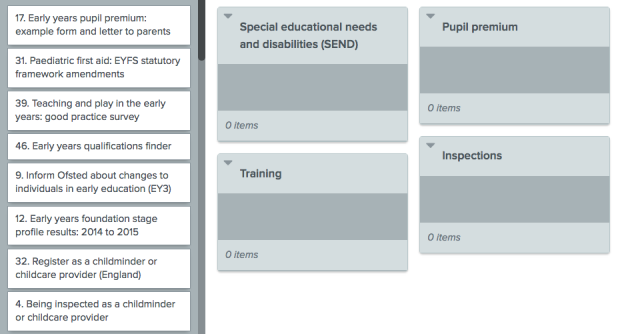
GOV.UK have been using card sorting to understand the ways people think about content and how it should be organised. In this post they describe how they’ve refined their approach.

Carrying out user research on the devices people actually use in real life - such as mobile phones and tablets - will help make the interactions you see in user research as natural as possible. Here's how we approach this.
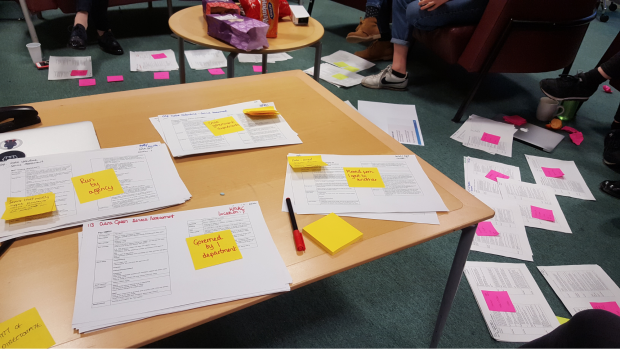
The Government as a Platform team recently carried out research with 150 service teams across government and got a huge amount of data back. Here's how they analysed this.
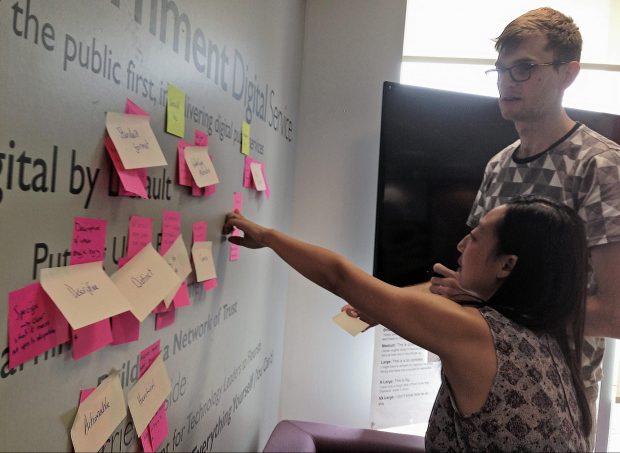
The Service Performance team are working on a tool to give people standardised high-level metrics about all government services in one place. They needed to be able to define user needs for Service Performance throughout the project. Here's what they did.